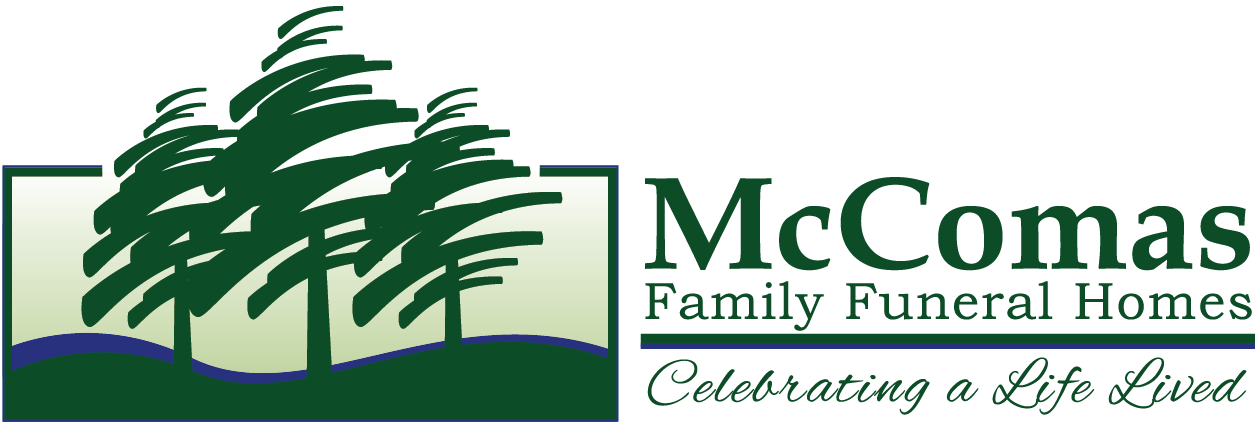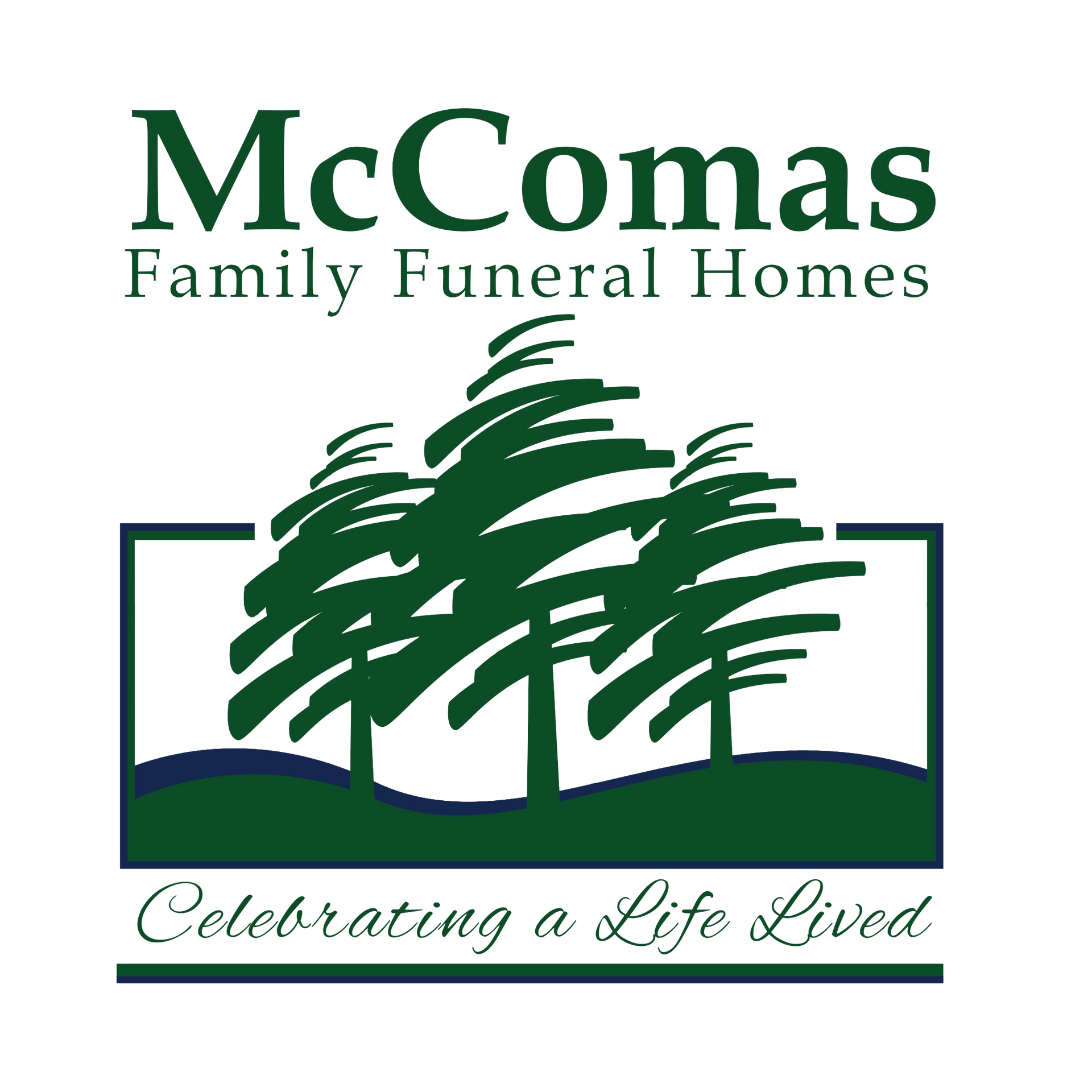Why Should I Plan Ahead?
Not everyone likes to plan ahead, but pre-planning your funeral arrangements not only gives you peace of mind about your final wishes being honored, but alleviates some of the stress and burden your loved ones are going through as they experience the grief associated with the loss.
The staff of McComas Family Funeral Homes
is happy to assist you with your funeral pre-needs by helping you make decisions about your funeral service in advance and guide you in helping eliminate some of the unnecessary stress brought on by a loved one’s death.
SECURE ONLINE PREPLANNING FORM
It's easy.
You can take your time creating arrangements that best suit your needs and preferences, and all you have to do is fill out a form or meet with a member of our staff to put your plan in place. Anyone can create a plan, at any stage in their life, and you can make changes at a later date if you wish.
It lets you decide how you'd like to be remembered.
Creating your own unique life celebration allows you to make sure that your wishes and desires are respected upon your passing. However you decide to be memorialized, pre-planning and preparation gives you control over the personal decisions that must be made when a person moves on from this life. Planning can be meaningful for your family, as well, if you choose to include them in the process. It can help them to feel connected to you both in life and in death, knowing that your arrangements reflect exactly what you envisioned them to be.
It takes the burden off of your family and friends.
When a loved one passes, the family faces an overwhelming number of tasks and decisions, all while struggling through grief and a range of difficult emotions. By taking care of your arrangements before the time of need, you’re relieving them of that burden and giving them more time and energy to focus on healing and remembrance. They won’t have to ask themselves, “Am I making the right choices?” and can instead focus on what matters: saying goodbye and celebrating your life journey with those who cared about you most.
It gives you the option to pre-pay.
Handling the expense of a funeral can be extremely stressful and also be a hardship on your family. And, like almost any other product or service, funeral prices increase over time. By prefunding today, you can prevent the financial burden on those closest to you and be assured that the money will be there to help cover tomorrow's funeral costs.
There are a variety of prefunding options available. We welcome the opportunity to help you determine which one best meets your needs.
What if I Move?
Once you create your pre-plan with us, we store it in our files as a record of your final wishes and decisions. Your plan is easily transferable to any funeral home in the United States, so it can be used wherever you might choose to relocate. No matter where you live at the time of your passing, or which funeral home’s services you decide to use, we’ll make sure that your plan follows you there.
Where Do I Start?
The first step is to review our Pre-Planning Checklist to help you consider all of your possibilities and gather all of the information you’ll need. Then, you can use our Pre-Planning Form to begin creating your personalized arrangements. You can also contact us to schedule a free, no obligation time to meet with a member of our staff to discuss your options and design your plan in person.
Benefits of Preplanning
Planning Ahead Lets Your Wishes Be Known
The death of a loved one often brings about unwarranted stress and turmoil among families. One family member wants one thing, while another family member wants something different. By planning ahead, you help prevent those disagreements by letting your family know what your wishes are and how you want your funeral service to be carried out and your business handled.
Planning Ahead Offers Peace of Mind
Our staff guarantees we will carry out the arrangements you want, just as you directed. Once the plans have been arranged, you and your family can rest easy knowing at the time of death, those uncomfortable decisions have been made. In a time when a family should be able to easily grieve, preplanning allows for that to happen.
Planning Ahead Offers Flexible Funding Options
When you preplan your funeral arrangements, there are more options when it comes to funding the funeral. A preneed insurance policy, life insurance policy or other payment options can all be arranged before the time of death. At the time of death, services must be paid in full, so having options ahead of time can also reduce other stress related to losing someone.
Planning Ahead Relieves The Burden From Family
Following the death of a loved one, there are more than 150 decisions that have to be made within the first day or two following the death. Those stressful decisions on top of the stress of grieving a loss can be eliminated by arranging your final wishes ahead of time. If those decisions are made, your loved ones aren’t left wondering what you would have wanted and how they should proceed with funeral plans. With those decisions out of the way, your loved one can begin the healing process sooner.


